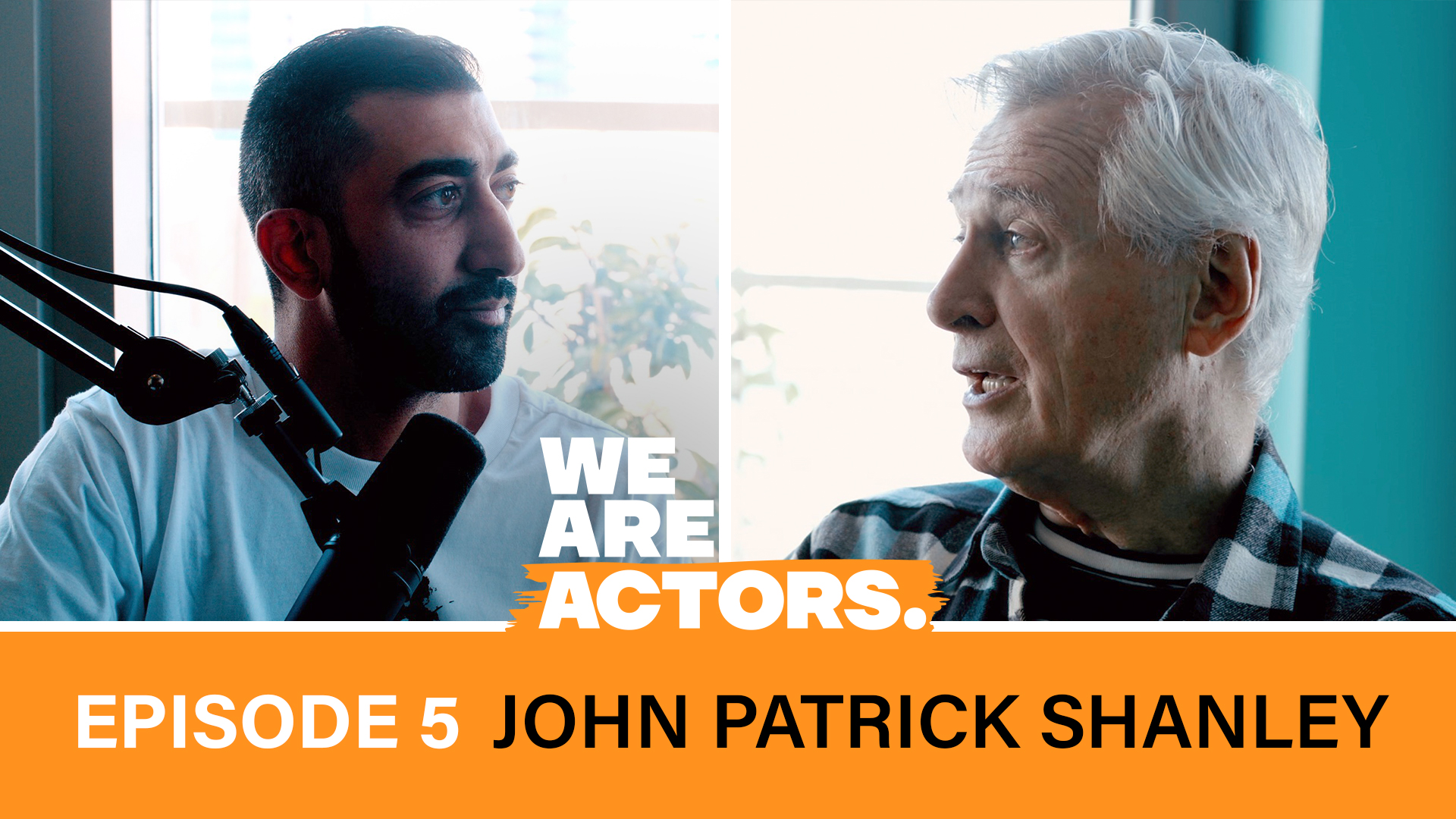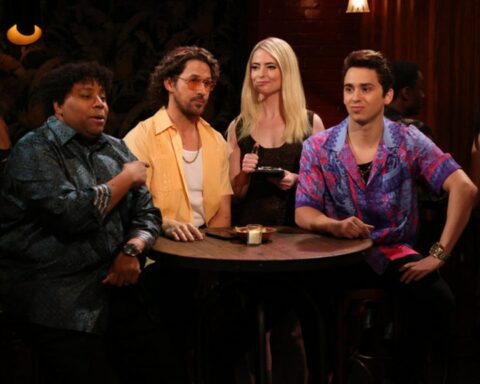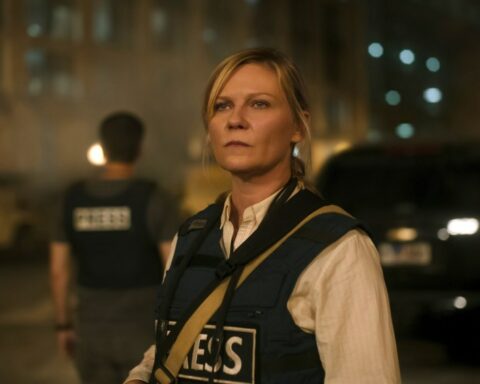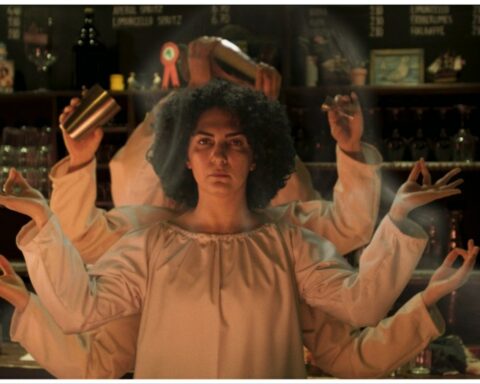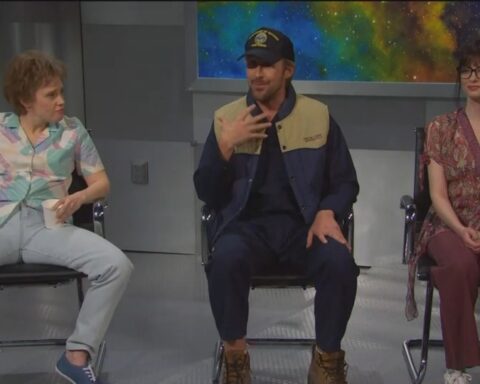There are many benefits that come from taking a step behind the camera. I know your goal is most likely to be on set working as an actor, and only as an actor. Which is great!
But also the same ambitions of thousands of other hard working, dedicated artists.
So how do you stand out? What can set you apart? Aside from your obvious talent 😉
Get yourself a job in a production. This can mean many things, but the ‘easiest,’ way to break into production is as an on set Production Assistant. Far from the glamorous treatment we all love to receive when we step on set as a booked character. However, working in this position opens the holy grail of filmmaking 101 – because you literally are working with every department.
You can be pulled to assist with fittings, or to help manage background, or to even assist with the camera team, and you learn oh so much.
When I began my journey into producing, I wanted to understand the whole system. The unified unit of synchronicity which is required from the organized chaos of production crews, required even to make only 10 seconds of film. I began as an intern after completing a film media program. In Canada, we have a position called a ‘TAD’- Trainee AD (Assistant Director). This was the best position to be in as there was no paperwork involved, nor documents to be responsible for. But you work closely with the 1st, 2nd and 3rd AD understanding the chain of command needed in order to set up and shoot every scene.
Now in America, the positions are slightly different. There is a 1st AD, 2nd AD, 2nd second AD (I know, stay with me here), and depending on the size of the project, you can also have Addl 2nd ADs and Key 2nd ADs. Essentially everyone has their role of management. Some work closely with cast, and ensure they go through their full ‘processing,’ – hair, makeup, wardrobe. Other AD’s are responsible to help with locking in shooting set ups, and set locations. I primarily worked as a 3rd AD and 2nd, and my goodness were my PA’s a saving grace.
Now as an on set PA – you will be pulled in any which direction needed.
My advice : be open, be willing and able, and absorb all information thrown your way.
Film terms you need to learn: ‘Bogies,’ – these are random passer-bys who have breached the set and are walking through the shot. Filming in New York you get a plethora of bogies, some less cooperative than others. Your main job as an on set PA will be to control the public environments you shoot in. This can be through pedestrian locks ups, crowd control, or basic people skills to redirect interest by convincing ‘Oh we are just filming a commercial.’
Generally this statement shuts down additional interest or follow up questions of ‘Is there anyone famous in the film, ‘ which is usually followed up by ‘Can I take a picture with them.’
‘Hot Brick,’ – Charged battery
‘Brick,’ – Battery
’10/1,’ – Bathroom
‘Checking the Gate,’ – Meaning the director liked the last take and is checking to ensure no obstruction elements (hair) effected the film, that is pressed behind the lens. Once this is given the all clear, usually they move onto the next scene.
‘Arial Shot’ – A bird’s eye view shot from overhead. Typically crowd control is involved in these takes therefore you may also be in the shot!
‘Blocking,’ – Setting up the marks for the directional movements throughout the scene.
‘Martini Shot,‘ – My personal favourite – the last shot of the day!
More on set jargon I would advice to learn prior to stepping on set: https://motionarray.com/learn/filmmaking/film-terminology/
Full Disclosure: – Your hours will be long. Expect 14. You will be on your feet most of the day.
Now, there are numerous protests and hopeful changes currently taking place with IATSE – International Alliance of Theatrical Stage Employees. This is the union in which crews join in order to be protected with certain hours and fair wages.
I was shocked when I hopped on set for major networks and studios at how the working conditions are. I am not disclosing this information to discourage you, however I am being transparent of the long days you will endure. This goes for every department, even as an actor.
Okay, this all sounds cool – but how will it benefit me when I am talent?
Because you fully understand a film set. Fully. Not just from working on them, but from working in those production positions, seeing first hand how this machine operates. As an actor who has this knowledge, you will be more desirable to work with. Treat absolutely everyone with respect, say good morning to your PA’s who’s jobs are literally to block off public crowds from ruining your shot. Crews enjoy an actor who is able to help each department get them ready. They are aware of processing time, know where the hair/ makeup and wardrobe trailers are, understand the camera’s POV and shooting direction, and even hang up there clothes in scene order for wardrobe at the end of the night.
Yep – you will be the actor they rave about to work with again.
Remember, all of this fuss is for you. Be grateful to your people and help out your team with your own self sufficiency.
Lastly – this work will be essential to building your network. Within a week you will meet so many people who have experience and contacts from other shows and films. You can be asked if you are available next weekend to assist with a 40 block Manhattan lock up for a car chase. You can be asked if you are free to travel up state for a weekend shoot. Building your network is so important in this industry, especially if you are wanting to make your own films. What better way to scout for a team, than working with them for 14 hours straight. You get to know them, their work ethic, and how everyone functions in film.
Copy.

